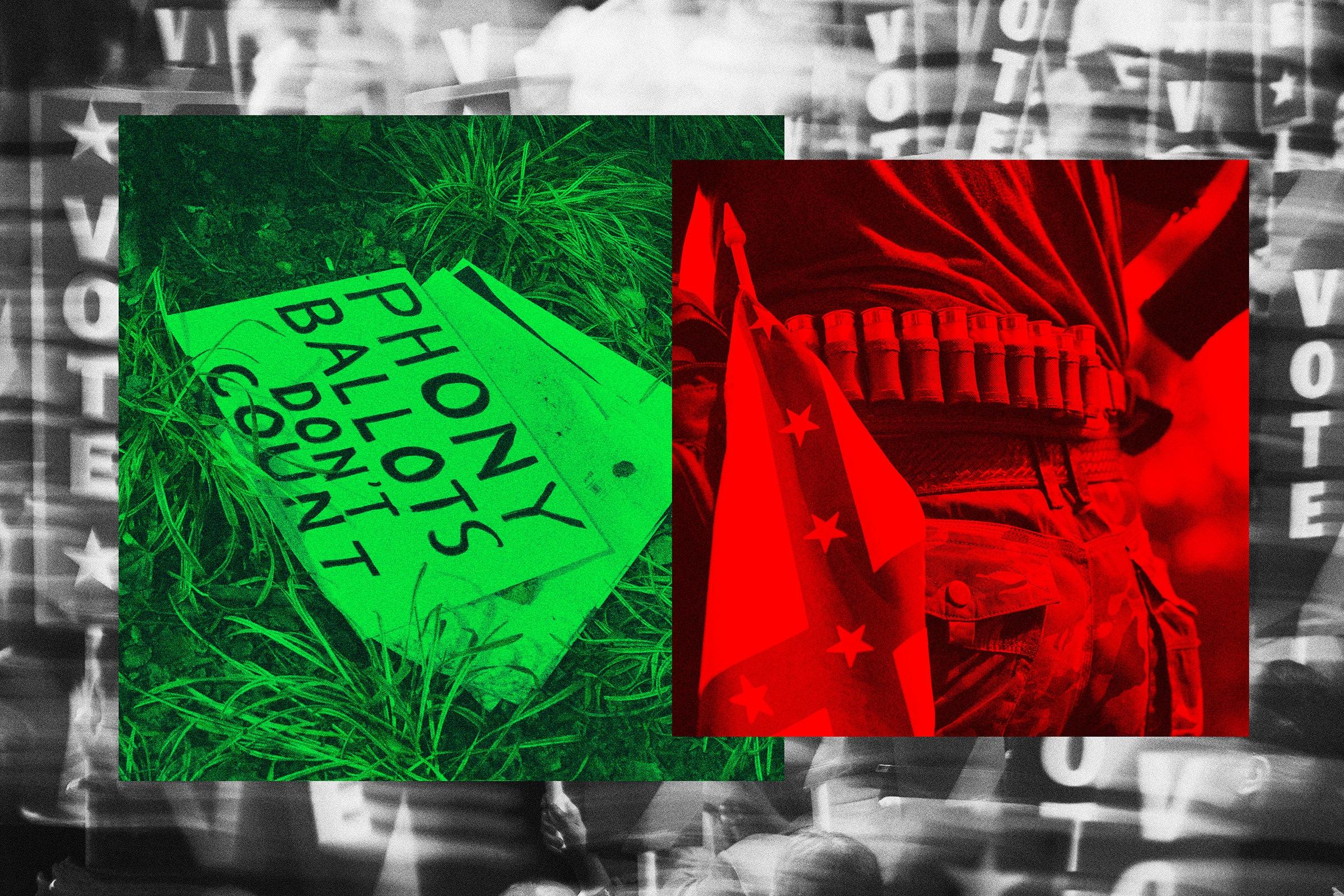Title: Election Deniers Are Out in Full Force. We Went Where They Did
Introduction
The 2020 United States Presidential election was one of the most contentious in recent history, with emotions running high from both sides of the political spectrum. Despite overwhelming evidence and the certification of results by state election officials, a vocal group of individuals known as “election deniers” remains convinced that the election was fraudulent. To gain a better understanding of these beliefs and their impact on society, we ventured into the world of election deniers to explore their claims and motivations.
The Rise of Election Deniers
Following the election, conspiracy theories and misinformation quickly circulated online, culminating in the unprecedented storming of the U.S. Capitol by supporters of former President Donald Trump on January 6, 2021. These false claims of widespread electoral fraud have been thoroughly debunked by independent audits, courts, and even Trump’s own Department of Justice. However, that has not deterred the fervent supporters who continue to propound them.
Exploring Election Deniers’ Claims
We actively sought out and engaged with election deniers to understand the reasons behind their beliefs. Many supporters expressed a deep mistrust in the government and mainstream media, arguing that they conspired to manipulate the election results. Others pointed to isolated irregularities and administrative errors, believing them to be evidence of a grand conspiracy.
Some election deniers also claimed that voting machines were rigged or manipulated to change votes. Although multiple audits, both before and after the election, have conclusively shown no significant tampering, these allegations persist. Such suspicions often revolve around debunked theories about Dominion Voting Systems and other relevant technology.
Political Polarization and Echo Chambers
One evident factor behind the prevalence of election denialism is the stark political polarization in society. Partisan identities have grown stronger, leading to increased tribalism and an information divide. Social media algorithms and echo chambers further contribute to the reinforcement of existing beliefs, making it challenging for opposing viewpoints to be heard.
The Impact on Democracy
The consequences of election denialism extend well beyond an unwillingness to accept election results. When a significant portion of the population becomes convinced that the democratic process is fraudulent, it undermines the very fabric of democracy. A healthy democracy relies on trust in institutions and a shared acceptance of election outcomes—without these, democratic values are threatened.
Moving Forward
Addressing the issue of election denialism requires a multifaceted approach. First and foremost, there is a pressing need for education and media literacy programs that equip individuals with critical thinking skills to evaluate and discern reliable information. Additionally, bridging the partisan divide and fostering constructive dialogue is essential to rebuild trust and counter misinformation.
Furthermore, social media platforms must take responsibility for their role in amplifying and perpetuating false claims. By implementing stronger fact-checking, moderation, and algorithm regulation, they can help reduce the spread of misinformation while maintaining a space for diverse viewpoints.
Conclusion
Election deniers have emerged as a fervent group, challenging the very foundations of democracy and the rule of law. Despite evidence to the contrary, their conspiracies and false claims persist, fueled by mistrust and misinformation. It is crucial that society addresses these challenges head-on, promoting media literacy, fostering dialogue, and holding individuals and platforms accountable, to safeguard the integrity of our democratic processes for the future.

